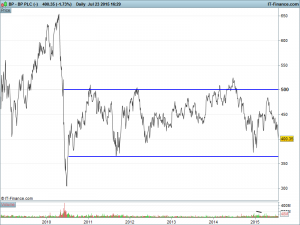Most people who invest in shares do so in solitude, believing themselves immune to the typical mistakes repeatedly made by the vast majority. To help you avoid these pitfalls we look at some of the most common and costly mistakes to avoid to help you extend your investing lifetime for as much profit and duration as possible.

